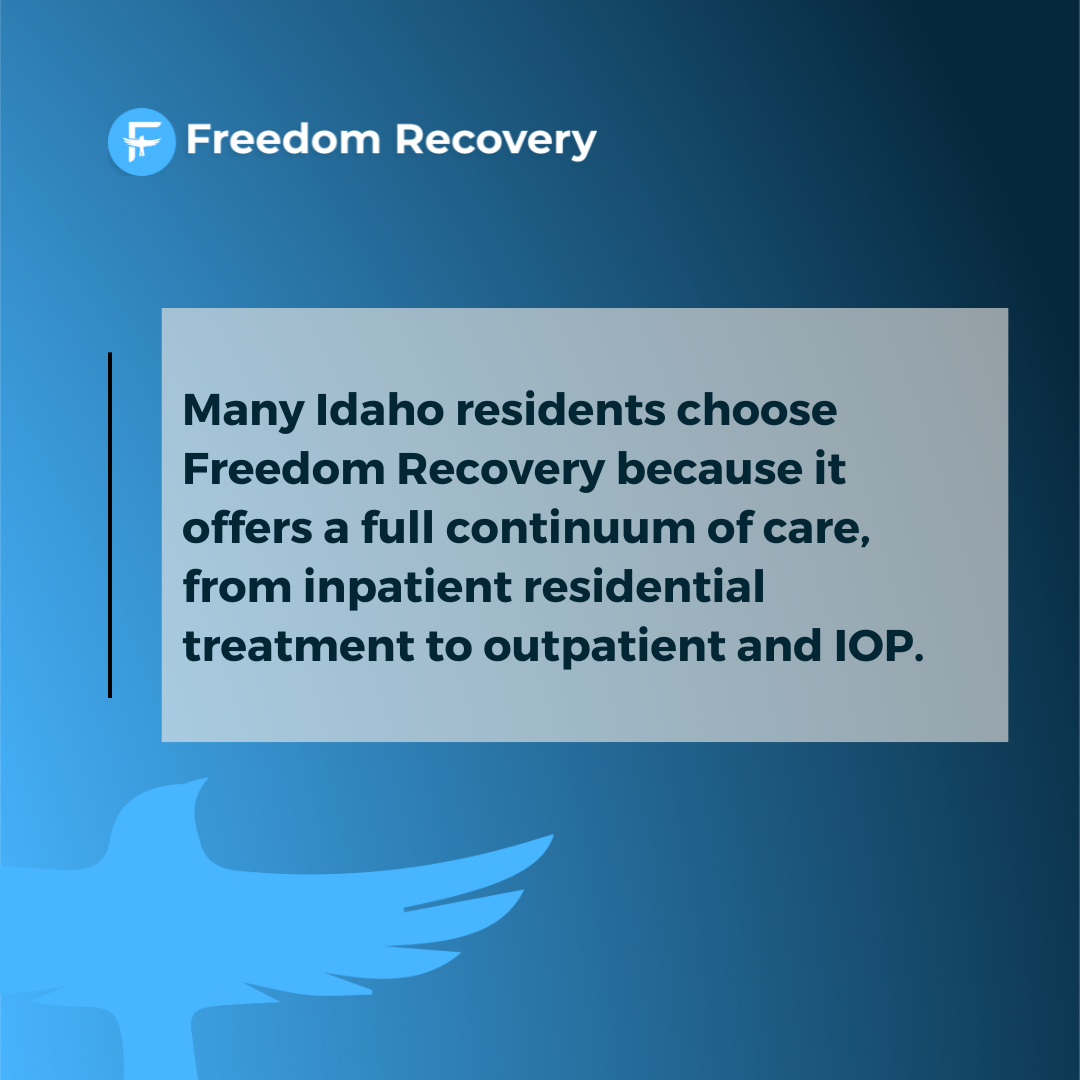

When you’re exploring recovery options, one of the biggest questions that comes up is: How long will I need to stay? Whether you’re looking for help for yourself or someone you love, understanding the average length of inpatient residential treatment can make a big difference in planning your next steps.
Many people start by typing “inpatient residential treatment near me” into a search bar. And the goal is not just to find nearby facilities, but to get a sense of what to expect in terms of time, cost, and commitment. Knowing how long treatment might take helps you prepare mentally, practically, and financially for the journey ahead.
Now, let’s take a closer look at why the length of inpatient residential treatment matters when choosing the right path to recovery.

When you search for “inpatient residential treatment near me,” you’re usually looking for programs that offer a safe, supportive setting to rebuild your foundation for recovery — somewhere you can truly disconnect, reset, and start fresh with professional guidance and a strong community by your side.
In essence, inpatient residential treatment is a structured, live-in recovery program designed to provide round-the-clock care and support for people like you who are working to overcome substance use, mental health challenges, or both.
Unlike outpatient or intensive outpatient programs (where you return home after therapy sessions) inpatient residential treatment requires you to stay at the facility full-time.
This immersive environment helps you step away from everyday triggers, routines, and stressors, allowing you to focus entirely on healing. You’ll typically follow a personalized schedule that includes individual therapy, group sessions, wellness activities, and sometimes medical care, depending on your needs.
When researching “inpatient residential treatment near me,” you’ll probably notice that program lengths can vary widely. Most inpatient programs last 30, 60, or 90 days, though some extend to several months or even a year depending on your needs and progress.
The right length of your stay depends on several factors, including:
Longer stays often provide deeper healing opportunities.
With extended treatment, you have more time to build healthy routines, strengthen coping mechanisms, and practice relapse prevention skills in a supportive environment. At the end of the day, it’s all about giving yourself enough time to create a lasting foundation for long-term recovery.

When you start exploring drug rehab centers in Idaho, you’ll find that inpatient residential treatment is designed to provide structure, stability, and comprehensive care every single day.
A typical day is carefully planned to help you heal physically, mentally, and emotionally while building the habits that support lasting recovery. Here’s what a daily schedule often includes:
The length of stay plays a major role in how effective treatment can be. Shorter programs can help with stabilization, but longer stays — as discussed — allow you to truly internalize what you’ve learned, break deep-seated habits, and build resilience for life after rehab.
Completing inpatient treatment is a huge milestone. However, recovery doesn’t end when you leave the facility. In fact, the transition back into daily life is one of the most critical parts of the healing process.
That’s where aftercare comes in.
Aftercare provides continued support and structure to help you apply everything you learned in treatment to real-world situations. One of the most effective forms of aftercare is an intensive outpatient program (IOP). This step-down level of care allows you to live at home or in a sober living environment while still attending regular therapy sessions, group counseling, and support meetings several times a week.
Many people who complete residential treatment start searching for “intensive outpatient programs near me” as their next step. It’s a smart way to maintain accountability, strengthen coping skills, and ease back into independence without losing the guidance and community that helped them get this far.

When it comes to the best drug rehab centers Idaho has to offer, Freedom Recovery stands out for its compassionate, personalized approach and commitment to long-term success.
Many Idaho residents choose Freedom Recovery because it offers a full continuum of care, from inpatient residential treatment to outpatient and IOP. This ensures that every stage of recovery is supported.
At Freedom Recovery, no two treatment plans are the same. Each person’s journey is unique, and the team takes time to tailor therapy, schedules, and support systems to individual needs. Whether you’re beginning with inpatient care or transitioning into outpatient treatment, you’ll find a consistent focus on growth, connection, and sustainable recovery.
With experienced clinicians, a supportive community, and a holistic approach that nurtures both mind and body, Freedom Recovery provides Idaho residents with the tools and encouragement they need to heal and to keep moving forward long after treatment ends.
Choosing the right treatment program is a rather personal decision, and there are a few key questions to help guide your choice:
It’s always best to speak with experienced professionals who can help you evaluate your needs and recommend the right level and length of care. A quick conversation with a treatment specialist can bring clarity and confidence as you take the next step toward recovery.

There’s no single “average” length of inpatient residential treatment that fits everyone. The right duration truly depends on your individual needs, goals, and progress. Recovery is a personal journey, and giving yourself the time and space to heal fully can make all the difference in achieving long-term success.
If you’re searching for inpatient residential treatment near me or exploring intensive outpatient programs near me, Freedom Recovery is here to help. Contact us today!

Discover signs of relapse and why it’s vital to seek support from drug rehab Idaho programs.

Learn about the ways that one can maintain sobriety, even after losing a loved one.

Explore how medication assisted treatment supports addiction recovery with reduced cravings and improved stability. Learn who it is for and more.